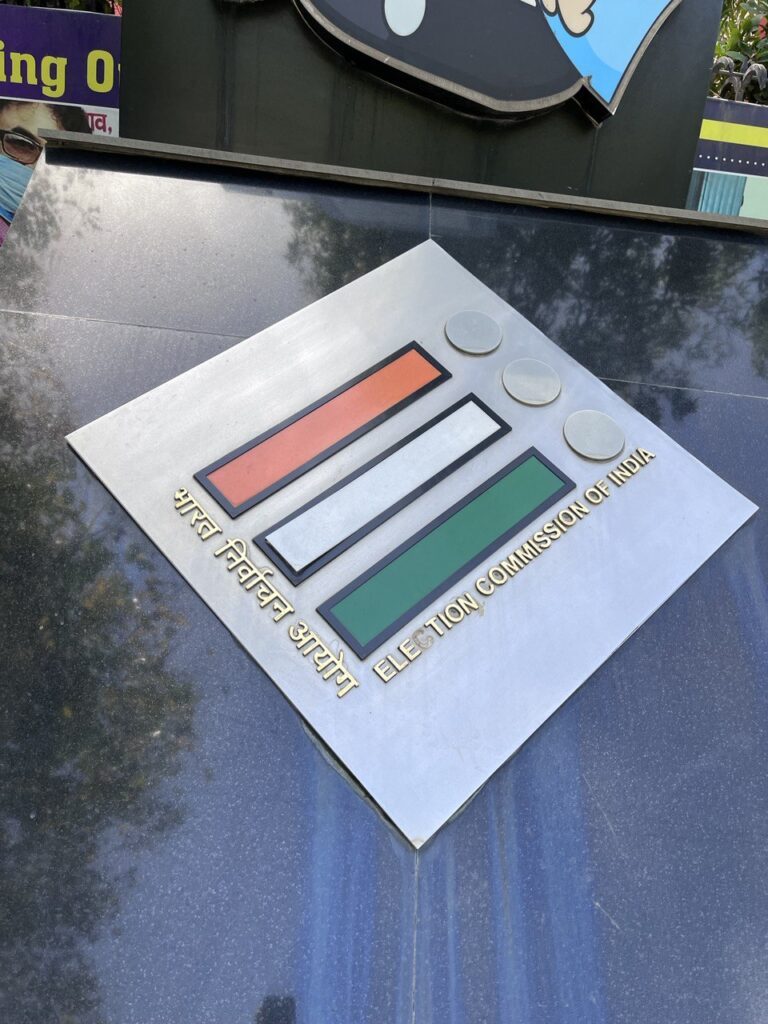The Election Commission recently declared the AAP as a national party. The CPI, the Trinamul and NCP lost their status as national parties. So, how are parties declared as national and state parties? What benefits do they get from it? Here are some answers.
Q1. All political parties have to register themselves with the Election Commission. What benefits does registration have?
Ans: Candidates of a registered political party get preference in allotment of free symbols vis-à-vis independent candidates.
Q2. How are these registered parties recognised?
Ans. Registered parties are in due course recognised as a state or a national party subject to fulfilling conditions prescribed in the Election Symbols (Reservation and Allotment) Order, 1968, as amended from time to time.
Q3. When can a political party be declared as a state party?
Ans. A political party shall be treated as a recognised political party in a state
- If it has been engaged in political activity for five continuous years; and
- has, at the last general election in that state to the House of the People, or, as the case may be, to the Legislative Assembly, returned either.
(i) at least one member to the House of the People for every 25 members of that House or any fraction of that number from that state;
or (ii) at least one member to the Assembly of that state for every 30 members of that Assembly or any fraction of that number;
and the total number of valid votes polled by all contesting candidates set up by the party at the last general election in the state to the House of the People, or to the Legislative Assembly, is not less than six per cent of the total number of valid votes polled by all contesting candidates.
Q4. When can a political party be declared as a national party?
Ans: If a party is a recognised political party in four or more states, it shall be known as a National Party throughout the whole of India. A party is eligible to become a national party if it has won 2% of seats or 11 seats from at least three states in the latest general election.
Or if has polled 6 per cent votes in the Lok Sabha and Assembly polls in at least 4 states in addition to winning 4 Lok Sabha seats.
It will continue to be a national party as long as the party continues to fulfil the conditions for recognition in four or more states even after the results of any subsequent general election.
Q5. What are the benefits of such recognition?
Ans. The benefits are as under:
a) If a party is recognised as a state party, it is entitled to get an exclusive reserved symbol for its candidates in the states in which it is so recognised, and if a party is recognised as a national party it is entitled for exclusive allotment of a reserved symbol for its candidates throughout India.
b. Recognised state and national parties need only one proposer for filing the nomination
c. They are also entitled to two sets of electoral rolls free of cost
d. And broadcast/telecast facilities over Akashvani/Doordarshan during general elections.
e. A national party can engage 40 odd star campaigners whereas an unregistered party can have only 20. Their expenses are not added to the party’s overall expenses of running an election campaign.
f. A national party gets government land to have its own office and headquarters.
There are also other intangible benefits such as a larger say in national policies and the larger weight a party carries in Delhi.
READ MORE AT:

